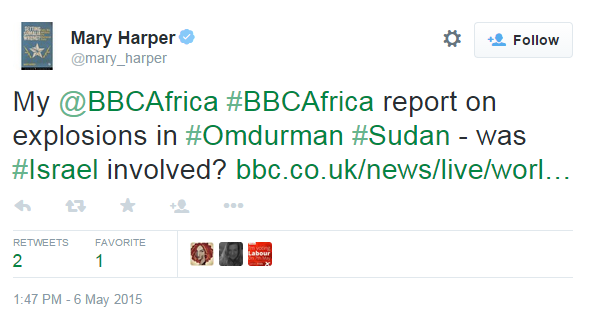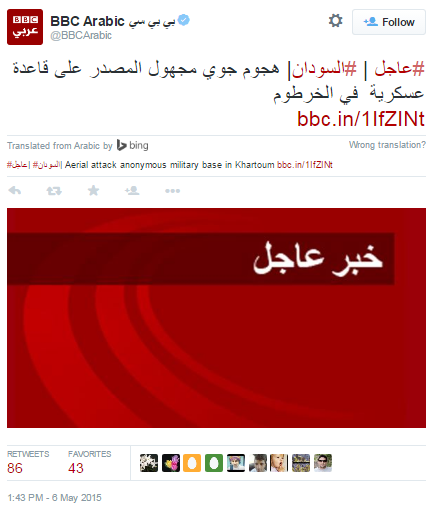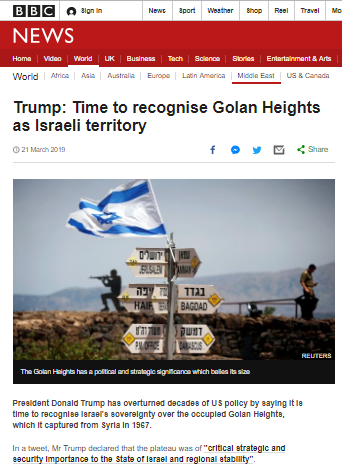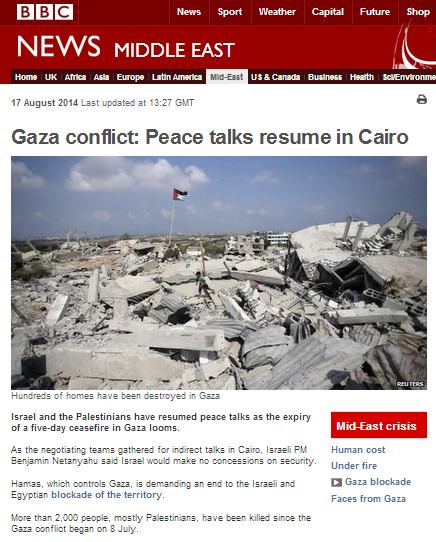In the early hours of May 6th confused reports began to emerge concerning explosions in Khartoum.
“The Hezbollah-affiliated television channel Al-Mayadeen and foreign media outlets quoted a message issued by the Sudanese army saying that Sudanese forces shot down an Israeli unmanned aerial vehicle north of the capital of Khartoum overnight Tuesday. Sudanese citizens reported hearing loud explosions during the night. Officials in the Sudanese army arrived at the scene of the strike.
The Al-Araby al-Jadeed newspaper reported overnight Tuesday that “foreign planes” had struck a target in Omdurman, in the capital state of Khartoum, citing Sudanese military officials described as “credible”.
According to the report, which has not been officially confirmed, a military source said that “members of the Air Defense Command in Sudan hit targets, with the assumption being that the strike was carried out by a warplane in the area of Wadi Seidna in the city of Omdurman.”
The Sudanese Army spokesman Colonel Al-Sawarmy Khaled Saad said in an interview with Arabic-language Sky News Arabia news channel on Wednesday that the army’s Air Defense systems intercepted overnight Tuesday a “moving object that resembles a plane or a rocket’ in the area of the city of Omdurman.
In contrast to reports in Arab media outlets, the spokesman denied the military facilities were targeted by a domestic or foreign source. He claimed that the Air Defense forces intercepted the object after finding it suspicious.
According to the report, senior officials in the Sudanese army arrived at the scene of the strike but have yet to ascertain the target of the attack.”
Various media organisations ran the story – the details of which have still not been confirmed at the time of writing – with speculation of Israeli involvement being promoted despite the fact that the only apparent supporting ‘evidence’ was guesswork.
“Witnesses in Omdurman said they saw and heard large explosions at a military site near the city, which sits across the Nile River from the capital Khartoum, the Al-Araby news outlet reported.
Witnesses told the paper they thought the planes had come from Israel, which has been fingered for airstrikes in Sudan in the recent past.”
Whilst the BBC did not publish an article on the topic on its English language BBC News website, Twitter followers of its World Service Africa Editor Mary Harper received the following Tweet.
The attached link leads to the BBC News website’s live ‘Africa round-up’ page for May 6th where this item appeared:
No stand-alone report on the topic appeared on the website’s Africa or Middle East pages.
Additionally, followers of the BBC Arabic Twitter account received the Tweet below.
The link in that Tweet leads to an article on the BBC Arabic website which also promotes the idea of Israeli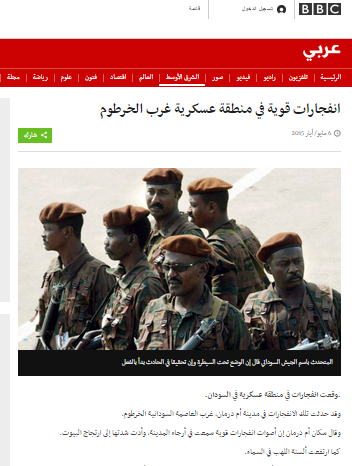 involvement in the incident despite – as noted by the Deputy Editor in Chief of the Sudan Tribune – there being no confirmation of that particular version of events or indeed any other.
involvement in the incident despite – as noted by the Deputy Editor in Chief of the Sudan Tribune – there being no confirmation of that particular version of events or indeed any other.
One obvious question which arises is why the BBC considered this story suitable for publication on its Arabic language website but not on its English language equivalent.
Another notable point is that if the BBC is going to promote the notion that Israeli planes attacked “Sudanese military installations” despite the lack of any concrete evidence to support that claim, then obviously there is also a need to include factual information concerning the history of Iranian arms smuggling to Palestinian terrorist groups in the Gaza Strip via Sudan rather than just the standard ‘Israel says’-type mention at the end of the BBC Arabic report.

